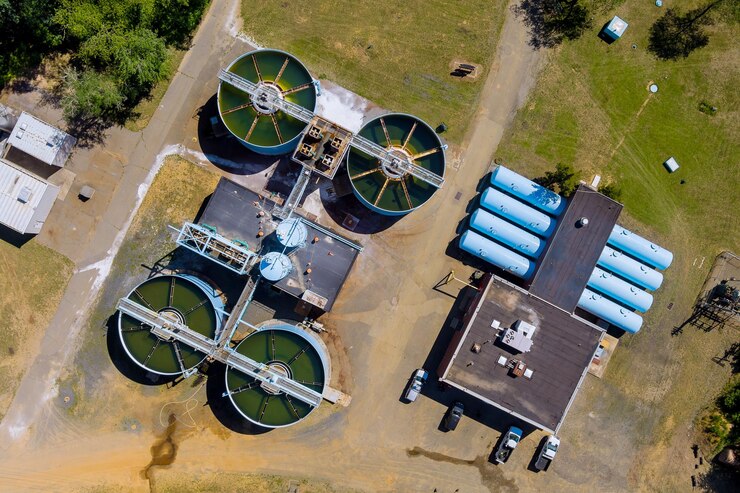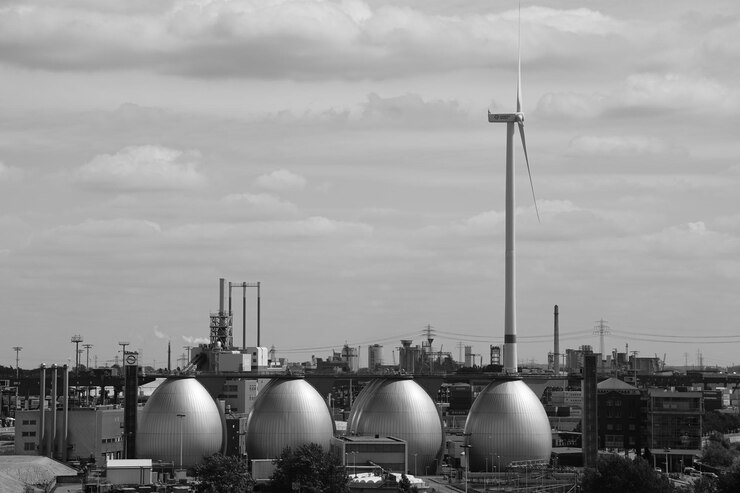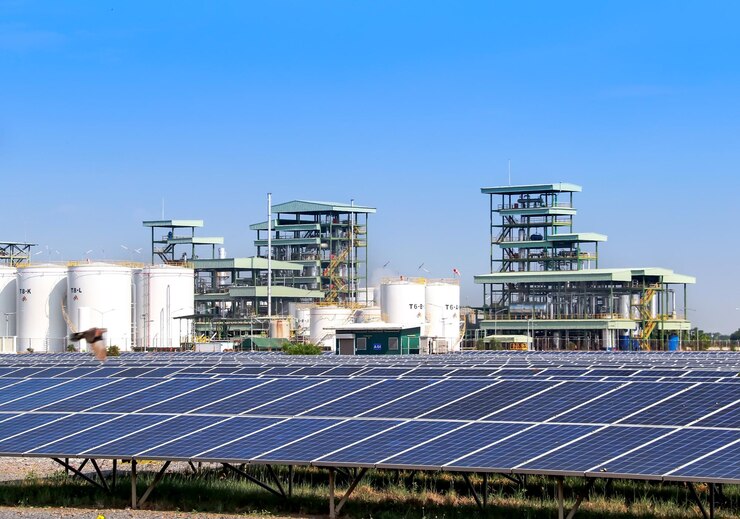The petroleum industry has long been associated with environmental degradation, including greenhouse gas emissions, oil spills, and ecosystem disruption. As global awareness about climate change and sustainability increases, the industry is being challenged to rethink its practices. For many petroleum companies, innovation in sustainability is no longer a luxury but a necessity—both to meet regulatory demands and to remain competitive in a rapidly changing market. This article explores various innovative approaches adopted by the petroleum industry to reduce its environmental impact and move towards a more sustainable future.
The Imperative for Sustainability The environmental challenges posed by the petroleum industry are multifaceted. From extraction to consumption, each phase of the oil lifecycle contributes to ecological harm. The burning of fossil fuels is the primary source of carbon dioxide emissions, a significant driver of climate change. Additionally, oil spills and habitat destruction from drilling activities threaten biodiversity. Consequently, stakeholders-including governments, consumers, and investors -are calling for the oil industry to adopt more sustainable practices.
Innovative Approaches to Sustainability
1-Carbon Capture and Storage (CCS)
One of the most promising innovations in reducing the petroleum industry’s carbon footprint is Carbon Capture and Storage (CCS). This technology captures carbon dioxide emissions produced from fossil fuel use and stores it underground, preventing it from entering the atmosphere. CCS has the potential to significantly reduce emissions from oil and gas operations, making it easier for companies to meet stringent climate targets.
Several oil companies, including Shell and BP, have already begun investing in CCS technology. For example, the Gorgon Project in Australia aims to capture more than 4 million tons of CO2 annually, making it one of the largest CCS projects in the world. Such initiatives represent a significant step towards decarbonizing the industry.
2- Investment in Renewable Energy
Recognizing the need for diversification, many petroleum companies are investing in renewable energy sources. By transitioning from a sole focus on fossil fuels to a broader energy portfolio, these companies can reduce their environmental impact while also meeting the growing demand for cleaner energy.
Major oil firms such as TotalEnergies and Equinor have made significant investments in offshore wind farms and solar energy projects. For instance, TotalEnergies has committed to increasing its renewable energy capacity to 35 gigawatts by 2025. This shift not only helps reduce reliance on fossil fuels but also aids in improving public perception and fostering a culture of sustainability within the industry.
3-Enhanced Oil Recovery (EOR) Techniques
Enhanced Oil Recovery (EOR) techniques are employed to extract more oil from existing fields while minimizing environmental impacts. Traditional methods of oil extraction can lead to significant resource waste and environmental harm. However, innovations in EOR, such as injecting steam or CO2 back into aging oil fields, can significantly increase recovery rates while also reducing emissions.
These techniques are proving increasingly important as the industry faces declining reserves in many mature fields. EOR not only allows companies to obtain more value from existing resources but also diminishes the need for new drilling operations, which can have detrimental environmental impacts.
4-Digital Optimization and Monitoring
Digital technologies are playing a transformative role in making the petroleum industry more sustainable. Advanced analytics, Internet of Things (IoT) devices, and machine learning are now used for real-time monitoring of oil production processes. This technology can optimize operations, reduce waste, and lower emissions.
For example, predictive maintenance enabled by IoT can identify equipment failures before they happen, reducing downtime and the need for emergency interventions that could harm the environment. Additionally, digital twins—virtual replicas of physical assets—allow companies to simulate and optimize operations, leading to more sustainable practices and reduced environmental risks.

5-Responsible Supply Chain Management
Sustainable practices are increasingly being integrated into supply chain management within the petroleum industry. Companies are now scrutinizing their suppliers and logistics channels to ensure that sustainability is a shared value. The implementation of responsible sourcing practices, which focus on reducing emissions, waste, and water usage throughout the supply chain, is gaining traction.
This approach not only helps minimize environmental impact but also aligns with increasing consumer demand for transparency and ethical practices. Companies that prioritize sustainability in their supply chains can enhance their reputation and strengthen their relationships with stakeholders.

Challenges and Future Directions
Despite these innovative approaches, challenges remain. Implementing new technologies often requires significant upfront investment, and the transition to more sustainable practices can be slow due to regulatory hurdles and market resistance. Moreover, the geopolitical landscape and fluctuating oil prices complicate long-term sustainability strategies.
However, the future of the petroleum industry does not depend solely on traditional fossil fuel extraction. Companies that embrace sustainability as a core component of their business models will likely thrive in the evolving energy landscape. Collaboration with governments, communities, and environmental organizations will be crucial for shaping policies that support sustainable practices and innovative technologies.
Conclusion
As the world grapples with the urgent need to combat climate change, the petroleum industry finds itself at a crossroads. Innovations in sustainability—from carbon capture technologies to investments in renewable energy—are paving the way for a more environmentally responsible future. While challenges persist, the industry’s commitment to reducing its environmental impact is becoming increasingly evident.
By adopting innovative approaches and fostering a culture of sustainability, the petroleum industry can not only improve its reputation and operational efficiency but also play a crucial role in the global transition to a more sustainable energy system. It is imperative that as the industry moves forward, it does so with a commitment to stewardship of the planet for generations to come.









